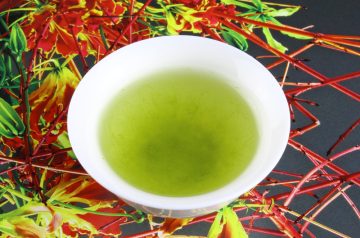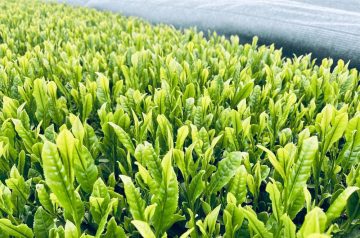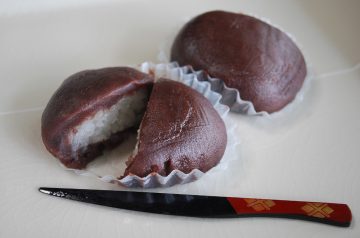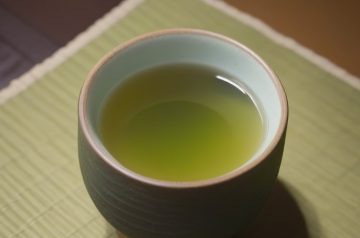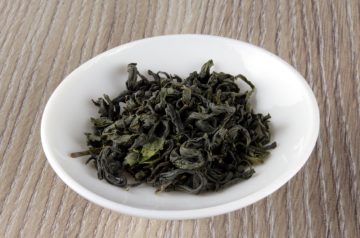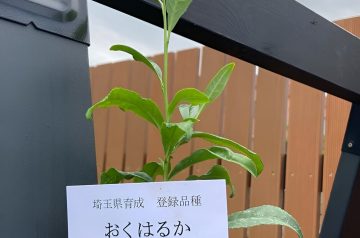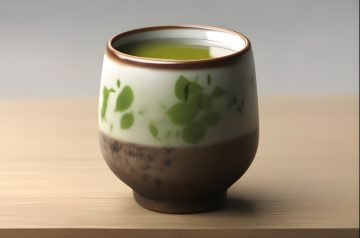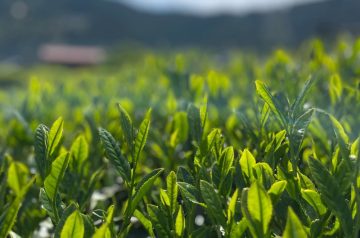I’m a big fan of Asatsuyu, because this cultivar results in a sencha with a bold umami taste. That’s why I’m happy to review this tea. Dobashien is a...
The Sayamaakari Tea Cultivar
Sayamaakari (さやまあかり) is basically an upgraded Sayamakaori. Its name means “Sayama light”. The name was chosen with the hope that it will shine a bright light upon the future...
Ohagi
Ohagi (おはぎ) is a traditional Japanese sweet (wagashi). It’s also called botamochi. It consists of steamed mochi rice, sometimes with the addition of uruchimai (the standard Japanese rice). The...
The Tea Recipe Book: 50 Hot and Iced Teas from Lattes to Bobas (Book Review)
This book is from Nicole Wilson, a fellow tea blogger. She published the book about a year ago, but I hadn’t bought it because I mostly drink straight loose...
Take the Time to Appreciate Tea
I’ve noticed that when I review a tea, I enjoy it much more. It happens because I actually take the time to appreciate it. Normally, we’re all constantly interrupted...
Sugimoto Tea Samidori Kamairicha
I received a special sample from Sugimoto Tea. It’s a single cultivar kamairicha from this year’s spring harvest. This type of tea is uncommon, but it’s even more uncommon...
The First Japanese Person to Drink Black Tea
November 1st is black tea day in Japan. While Japanese green tea has a long tradition, black tea was for the most part unknown in Japan’s history. Let’s remember...
The Okuharuka Tea Cultivar
Okuharuka (おくはるか) can be translated as “interior spring aroma”. “Oku” is a prefix used for late budding cultivars, and “haruka” refers to the cherry blossom leaf aroma of this...
How Ito En Recycles Used Tea Leaves
I stumbled upon a video which I found to be interesting. It’s one part of a series about Japanese tea day in 2022. Unfortunately, the video doesn’t have English...
Adding MSG to Green Tea
Besides tea, one of my hobbies is cooking. I like to make different Japanese dishes, since I can watch videos and read recipes in that language. One thing I’ve...
NARO Video about Japanese Cultivars
I want to share with you this video from NARO (National Agriculture and Food Research Organization). It introduces some Japanese cultivars. If you’re starting out to learn about them,...
The Inaguchi Tea Cultivar
The name of this cultivar comes from the last name of its breeder, Inaguchi (稲口). It’s a normal budding cultivar meant for sencha production. History of Inaguchi In present...

